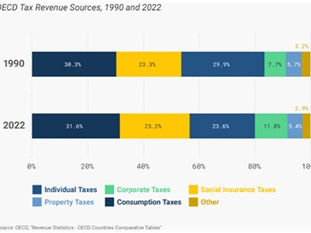
Discover your constellation of awesome!

Key Takeaways from the Harvard Business Review Article: The Realities of Global Expansion – Why Distance Still Matters
0
2
0

Global expansion can be an exciting opportunity for companies, but it often comes with unexpected challenges. In his article Distance Still Matters: The Hard Reality of Global Expansion, Pankaj Ghemawat highlights why companies consistently overestimate the attractiveness of foreign markets and explains how they can avoid costly missteps.
Companies often focus on metrics like national wealth and consumer income to gauge potential sales when expanding internationally. However, this approach overlooks the significant costs and risks associated with "distance." Ghemawat introduces the CAGE framework, which outlines four types of distance that companies must account for: Cultural, Administrative, Geographic, and Economic.
Each dimension of distance can significantly impact a company’s success in a new market. For instance, cultural differences like language, religion, and consumer preferences can create barriers that influence product acceptance. Administrative and political factors, such as historical ties or trade regulations, can shape how easy or difficult it is to enter a new market. Geographic factors affect logistics and transportation, while economic disparities influence purchasing power and market dynamics.
Ghemawat emphasizes that understanding these dimensions is crucial to avoiding overestimation of market potential. A case study of Star TV’s failed expansion into Asia illustrates how underestimating cultural and administrative distances can lead to costly mistakes, even in seemingly promising markets.
Ultimately, Ghemawat argues that companies need to adopt a more comprehensive approach when considering global expansion. The CAGE framework offers a practical way to assess the real challenges of distance and make more informed decisions. While technology and globalization may have reduced some barriers, the reality is that distance—across all its dimensions—still matters.
By taking these factors into account, companies can better navigate the complexities of international markets and avoid the common pitfall of overestimating the ease of global expansion.



